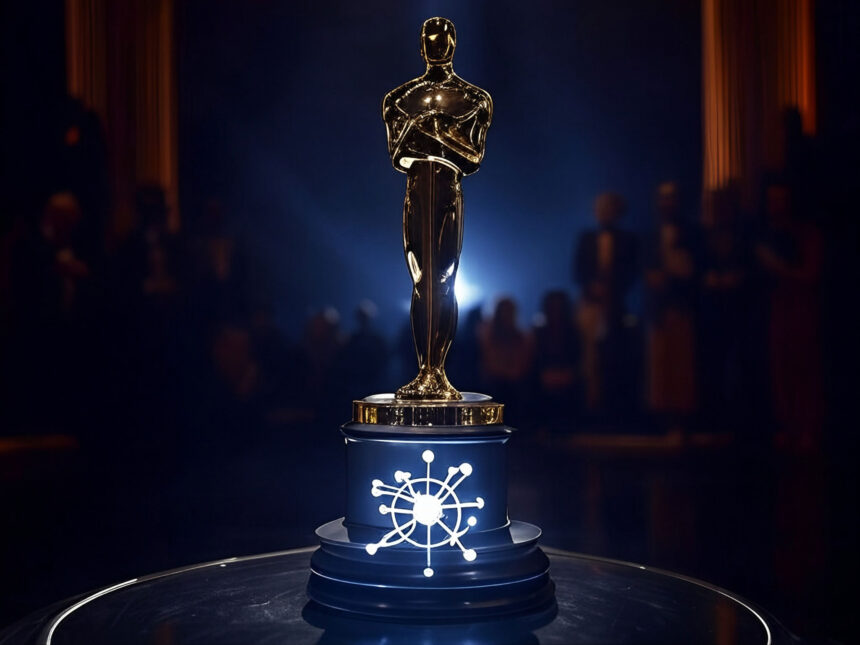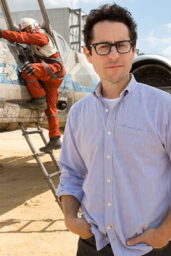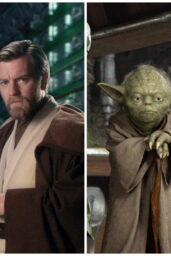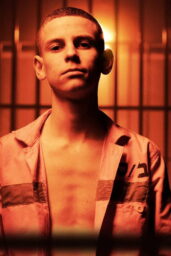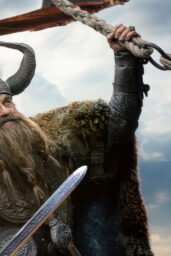In today's rapidly shifting cinematic landscape, technology and art are colliding in ways that spark both wonder and worry. Recent controversies—think “The Brutalist” and “Emilia Perez” stirring up headlines—have pushed Hollywood into uncharted territory. Now, with reports that even blockbusters like Dune: Part Two and A Complete Unknown might be riding the AI wave, the Academy is seriously mulling over a game-changing move: requiring best picture contenders to disclose their use of artificial intelligence. Could this be the dawn of a new era in transparency, or is it just another regulatory twist in an already complex industry?
Hollywood isn't new to innovation. From the early days of practical effects to the digital wizardry of CGI, the evolution of film has always been about embracing the future while honoring tradition. However, the latest buzz around AI takes the debate to a whole different level. According to a recent Variety report, whispers of AI being integrated into major productions have ignited discussions among the Oscars' Governors and Branch executive committees. They're eyeing potential changes for the 2026 Oscars submission rules, aiming to make full disclosure of AI usage mandatory.
Why the sudden push for transparency? Well, one mention of AI in the industry can set off a cascade of concerns—from stifling human creativity to potentially jeopardizing countless jobs. These fears aren't entirely unfounded; after all, AI played a notable role during the 2023 SAG-AFTRA strikes, where union negotiators raised red flags over technology's encroachment into the creative process.
But here's the kicker: while some critics argue that controversies like those involving “Emilia Perez” and “The Brutalist” are blown out of proportion, the call for disclosure isn't just about fear—it's about accountability. In an era where digital tools are omnipresent, how far is too far? Is it really a betrayal of artistic integrity, or simply an evolution in the filmmaking craft? This is the kind of conundrum that forces us to reexamine what we value in cinema and how we define authentic storytelling.
Furthermore, embracing AI isn't inherently negative. It's a tool—albeit a powerful and disruptive one—that can open up fresh avenues for creativity. The key, however, lies in striking a delicate balance: celebrating innovation while ensuring that audiences know when technology has played a role in the magic of the movie. By requiring full disclosure, the Academy might not only safeguard the integrity of the art form but also empower viewers to appreciate the fusion of human ingenuity and digital prowess.
Conclusion
In wrapping up, the conversation around AI in filmmaking isn't merely a regulatory issue—it's a philosophical one. At its heart, this debate challenges us to consider the essence of creativity. As the Academy contemplates new rules for the 2026 Oscars, we're reminded that art is ever-evolving, and so must our standards for transparency and authenticity. Whether you're a die-hard cinephile or a casual moviegoer, one thing's clear: the future of film will require us to rethink the relationship between technology and storytelling.
Personal Impressions
I find the current debate on AI in Hollywood both fascinating and a little unnerving. As someone who's watched cinema transform over the decades, the integration of AI feels like a double-edged sword. On one side, it promises revolutionary creative possibilities; on the other, it raises genuine concerns about the erosion of human touch in filmmaking. Personally, I lean toward full disclosure—it's only fair that audiences know the extent to which technology shapes their favorite films. This transparency can foster a more honest dialogue about the evolving nature of art and craftsmanship. While the controversies might be somewhat overblown, the discussion they ignite is crucial for safeguarding the soul of cinema.
What do you think—will mandatory AI disclosure reshape the way we appreciate films, or is it just another bureaucratic hurdle in an ever-changing industry?

